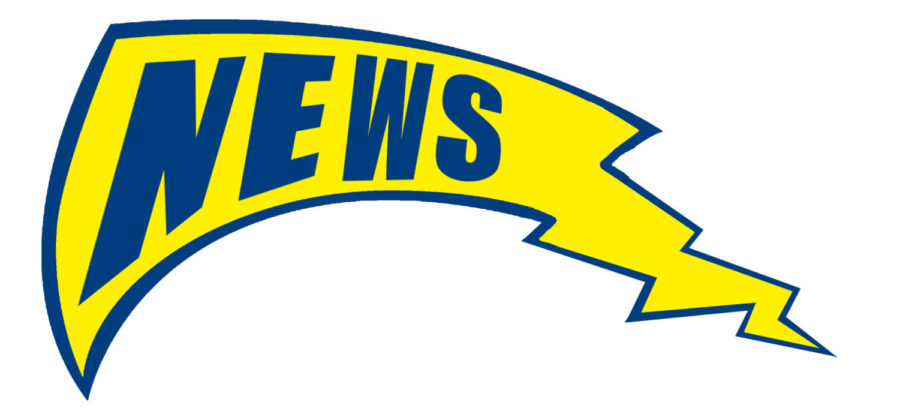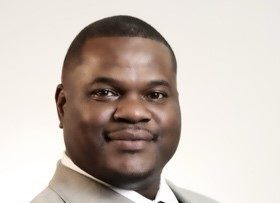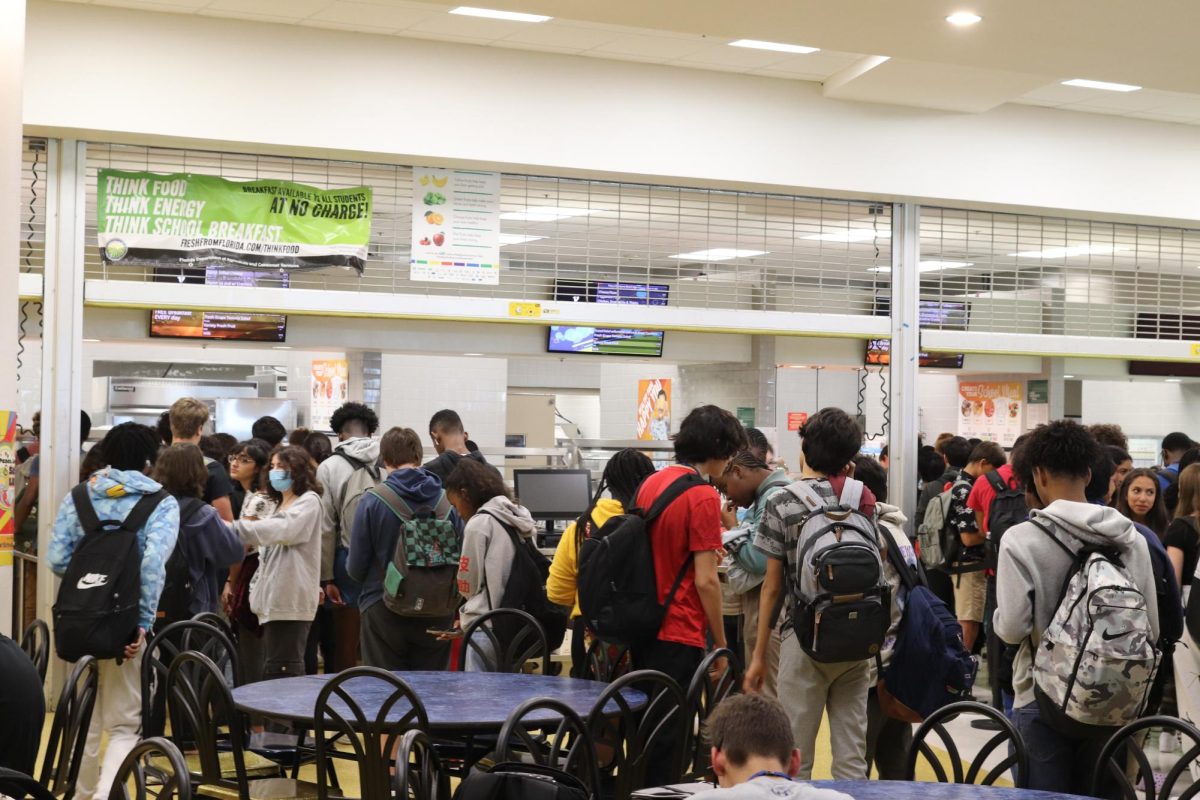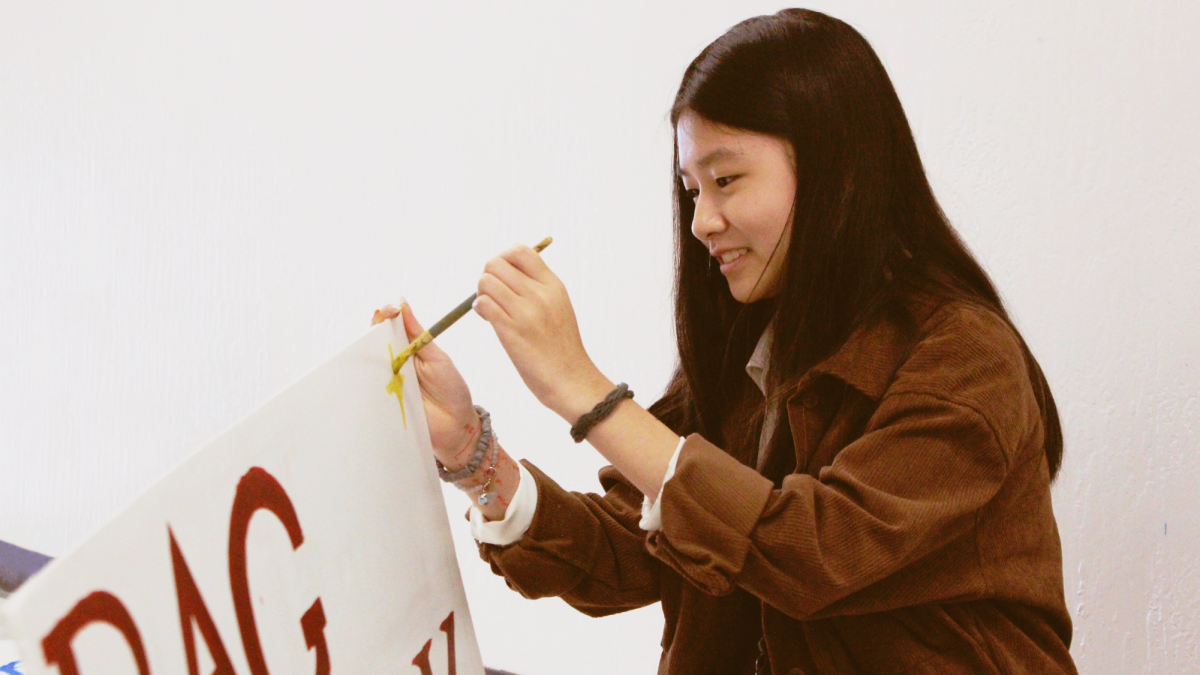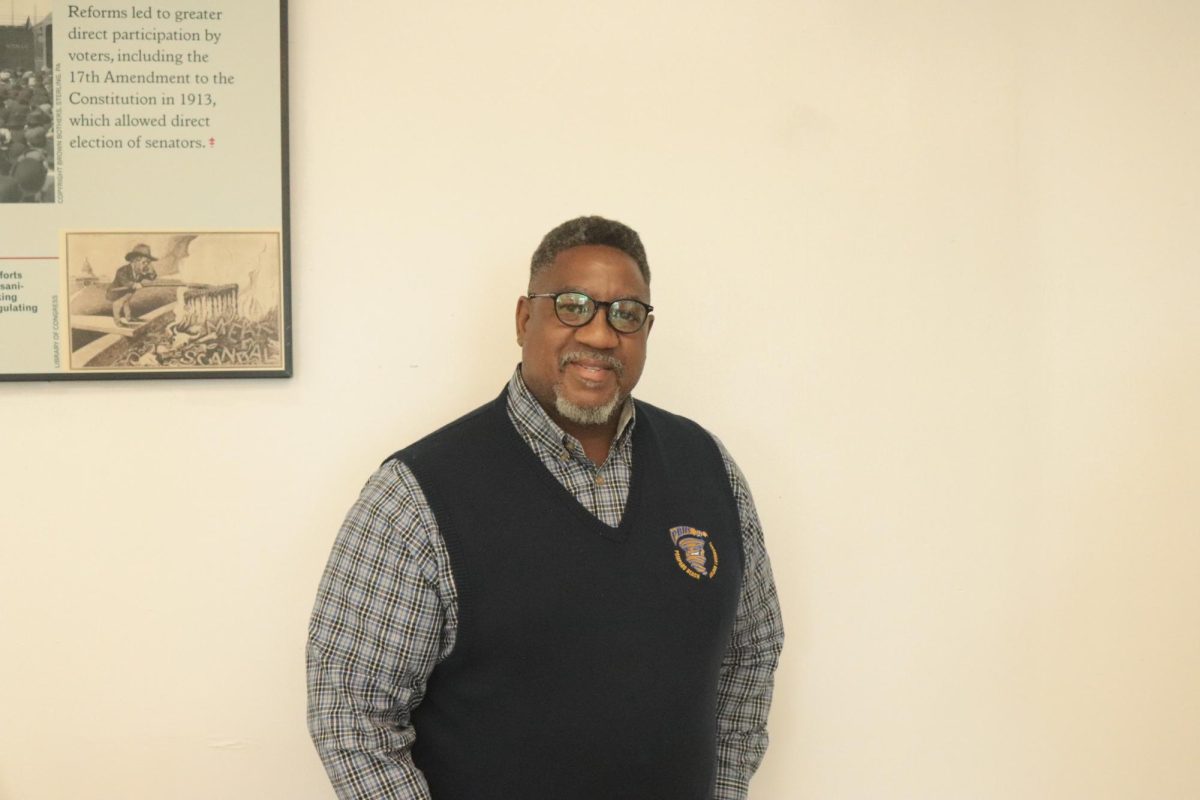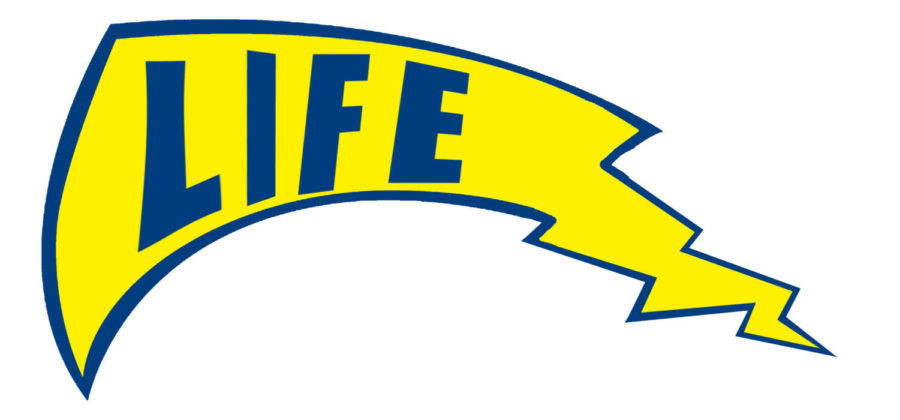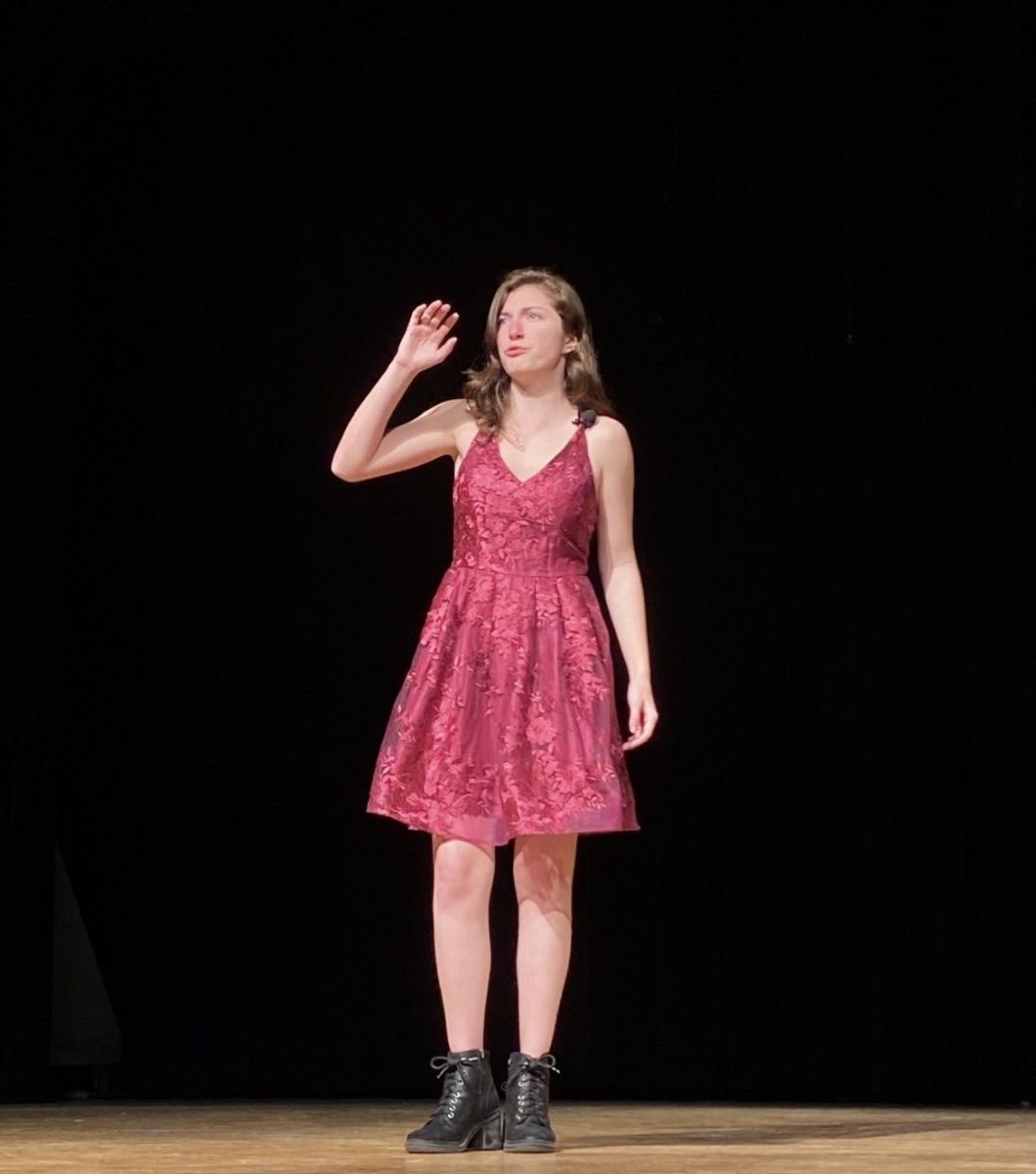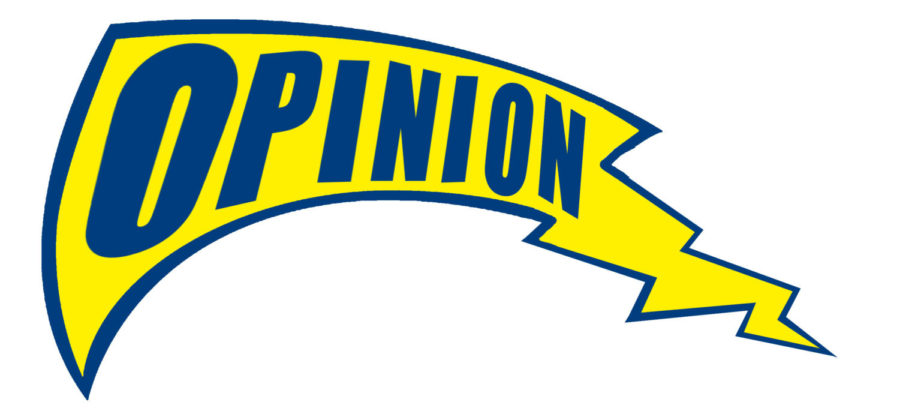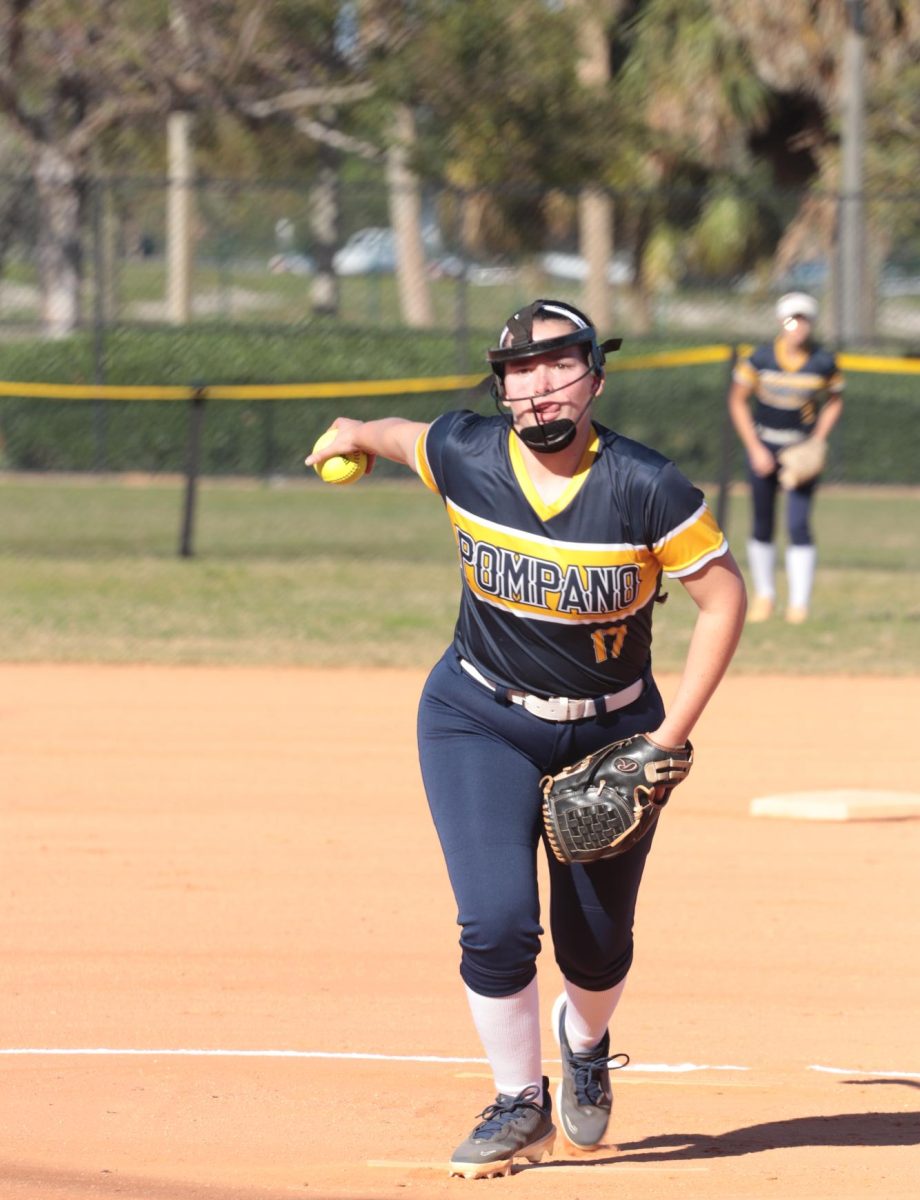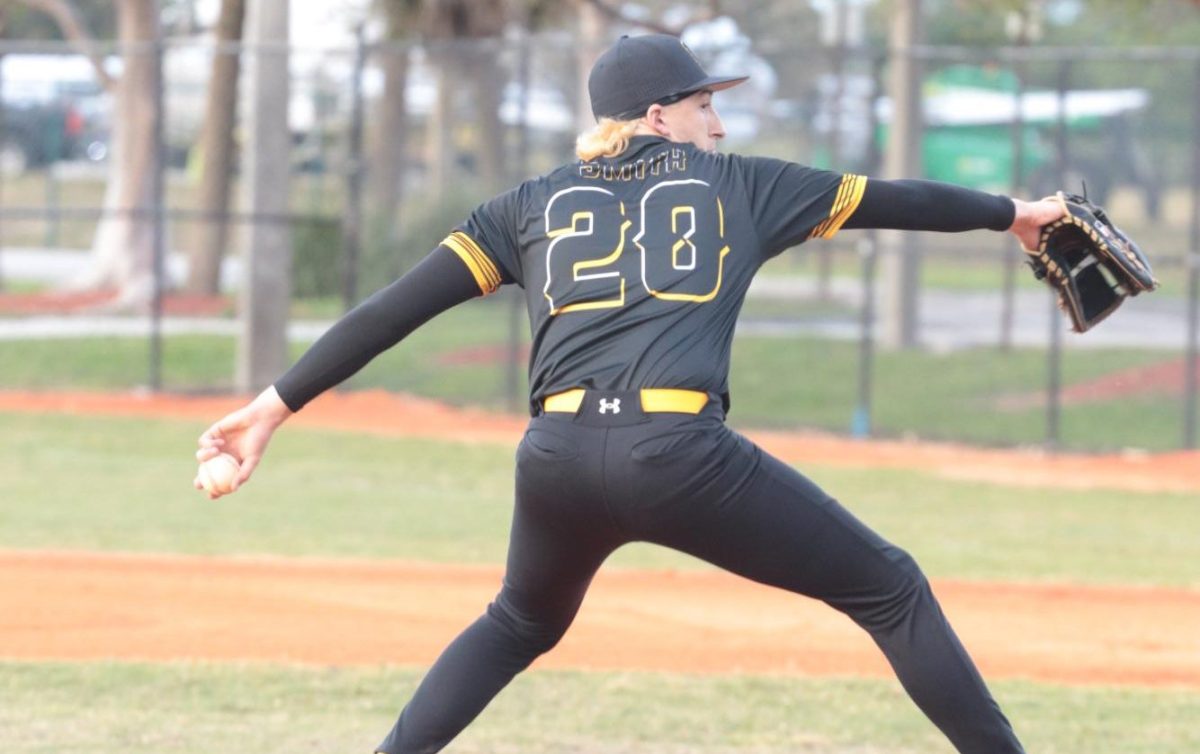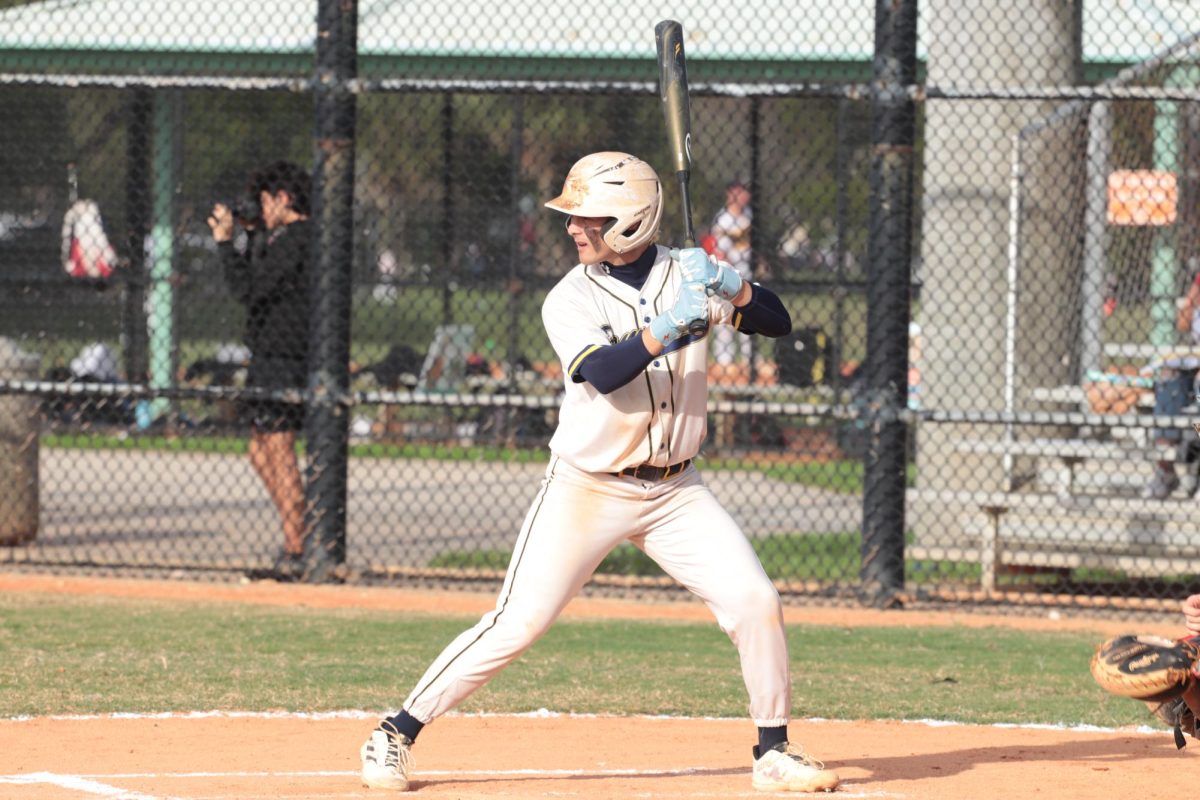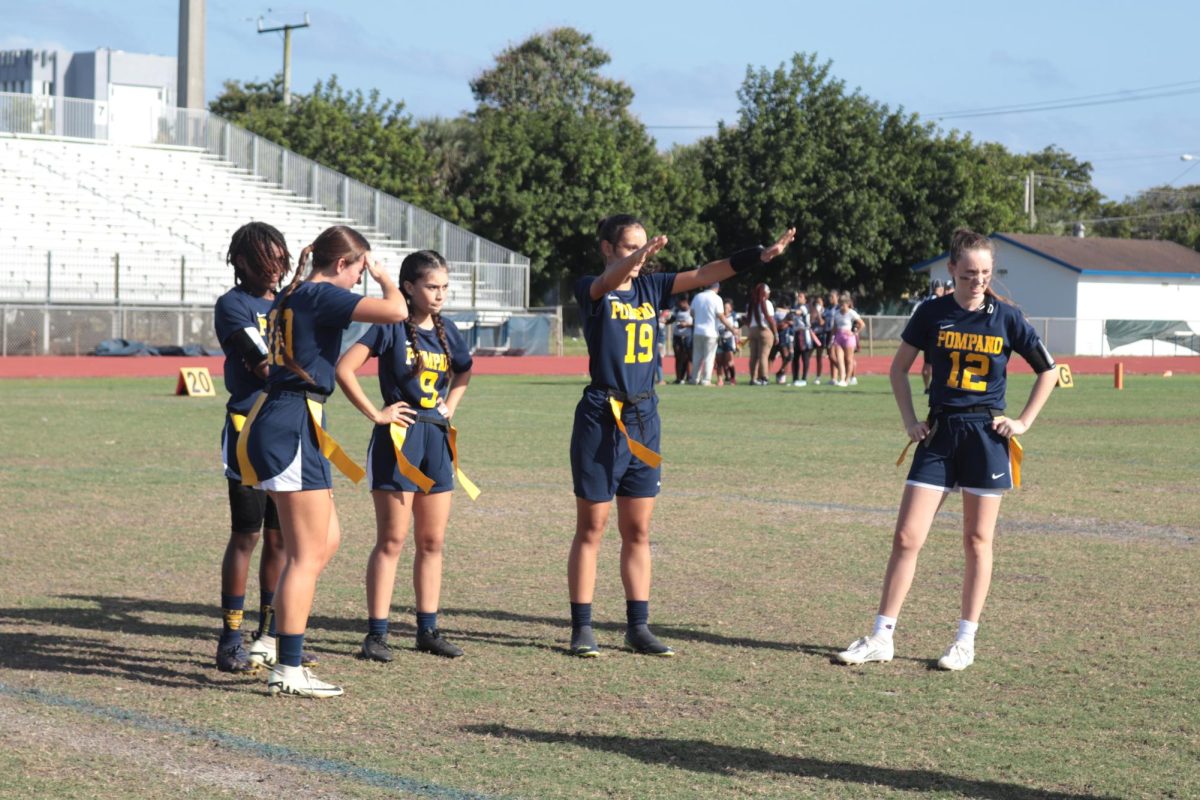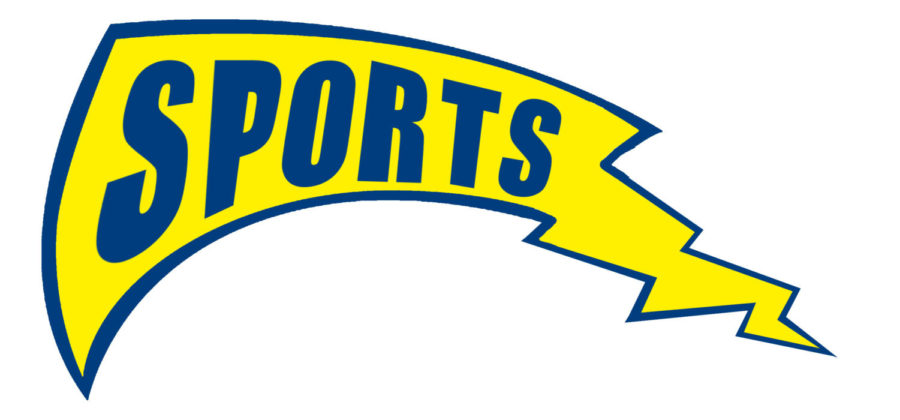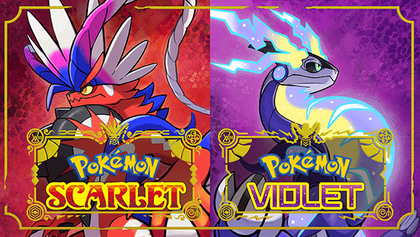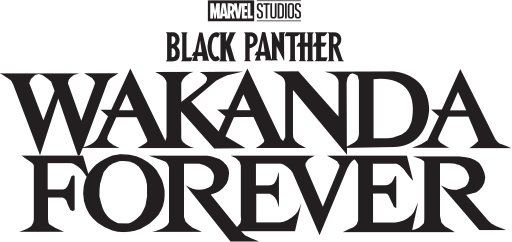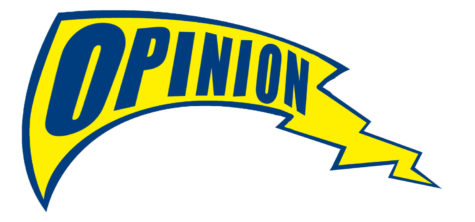Where are the books?
State blocks learning by removing texts from school libraries
January 12, 2023
In an email sent to all principals across the county, the Broward County Public School District announced it has removed a number of books from school libraries in compliance with the State of Florida’s new educational policy complying with the 2022 “Parental Rights” legislation, also known as the “Don’t Say Gay” bill.
The email, sent by chief academic officer Nicole Mancini, asks principals to share with their media staff the titles of “certain library materials that have been identified for removal or transfer.”
The books listed in the email include:
– ”A Day in the Life of Marlon Bundo” by Jill Twiss
– “It’s Perfectly Normal” by Robie H. Harris and Michael Emberley
– “George” by Alex Gino
– “It Feels Good to be Yourself” by Theresa Thorn
– “Different Kinds of Fruit” by Kyle Lukoff
– “The Bluest Eye” by Toni Morrison
– “This Day in June” by Gayle Pitman
– “Killing Mr. Griffin” by Lois Duncan
– “The Kite Runner” by Khaled Hosseini
– “Sold” by Patricia McCormick
– “Lawn Boy: a Novel” by Jonathan Evison
These books, which were removed for reasons ranging from the depiction of same-sex couples to depiction of violence, were removed from libraries at the elementary, middle, and high school level or were limited to specific grade levels for availability.
While our media center did not carry any of the titles to begin with, the effects of this decision should not be ignored by our student population. With the topics raised by these books being incredibly relevant to today’s high school students, open discussion and education among young people is vital to achieving informed debate.
If certain topics are hushed for fear of punishment, then students and staff may not be able to learn more about them to reach their own informed decisions, and may reach conclusions based on false representation, incomplete information or the traditional culture of the currently dominant political faction.
A number of students at our school have expressed aversion to the move.
“If you want to read something about critical race theory, you want to read something about critical race theory,” junior Bryce Hardin said. “Who’s to say what we can and can’t read?”
Other students made the point that high schoolers in particular, who are on the precipice of adulthood and adult expectations, should be respected enough to choose our reading material and discern new world views.
“We’re high schoolers,” senior Amber Brown said. “We should have access to information about the world because we’re about to go into it.”
While our school has not yet been directly affected, if the school district and state continue down this path, it very well might be. For as long as humanity has been sharing information, some have tried to restrict its spread. It is up to every individual to educate themselves on important issues, and ensure that what they are looking at paints a full picture.
In the words of Issac Asimov, “Any book worth banning is a book worth reading,” as these books provide a roadmap for the ideas and ideals those in power fear circulating in our society.


